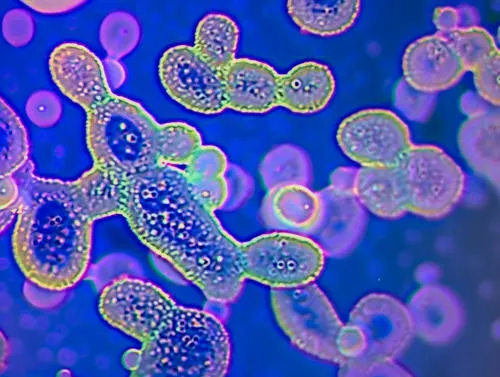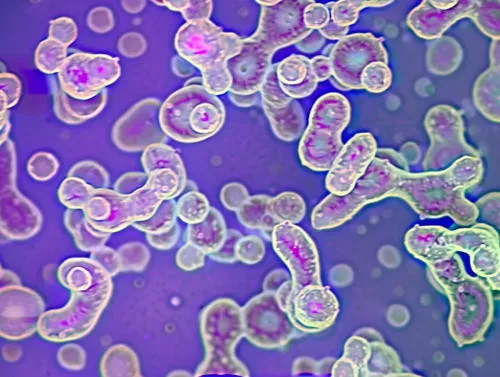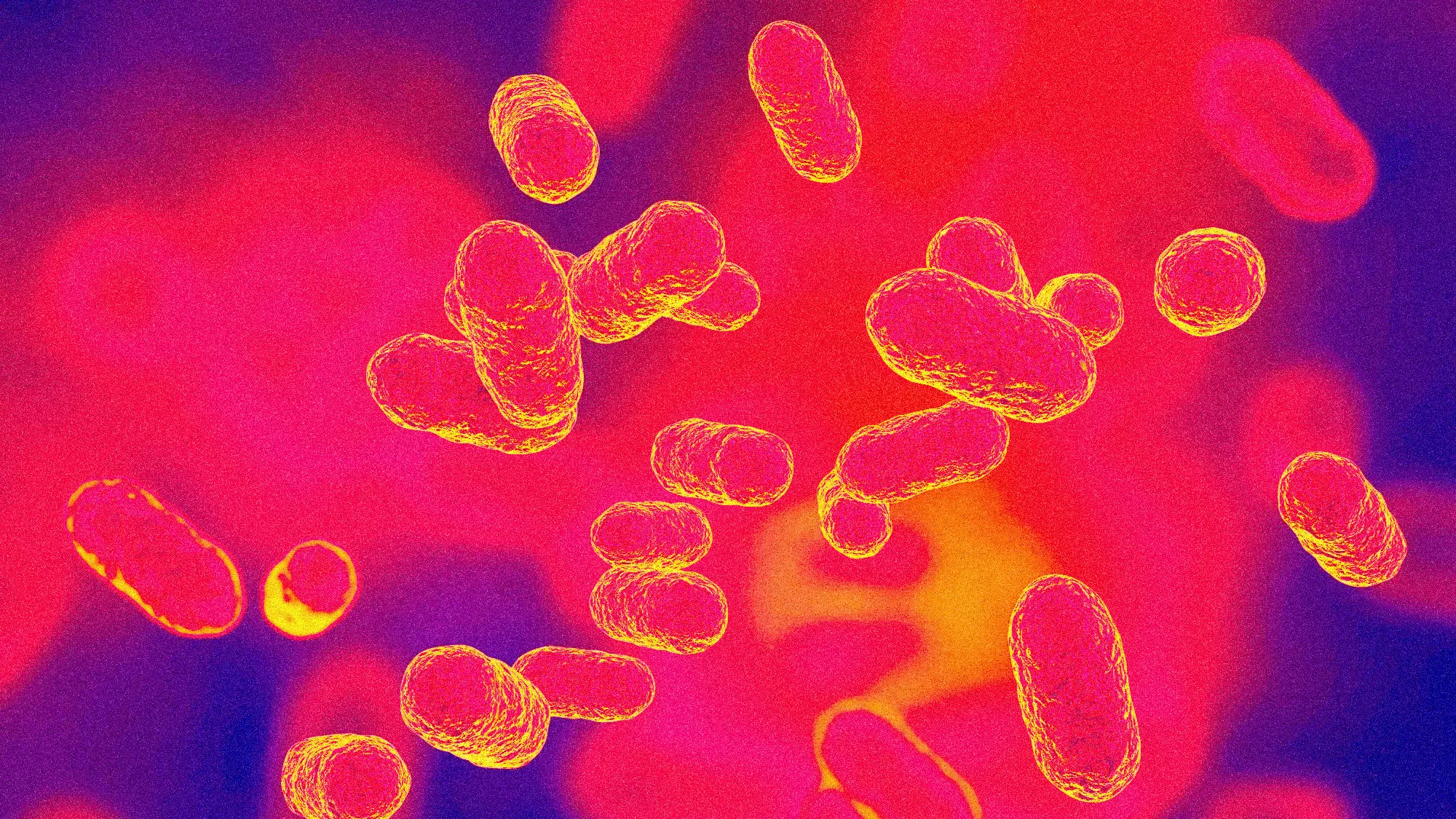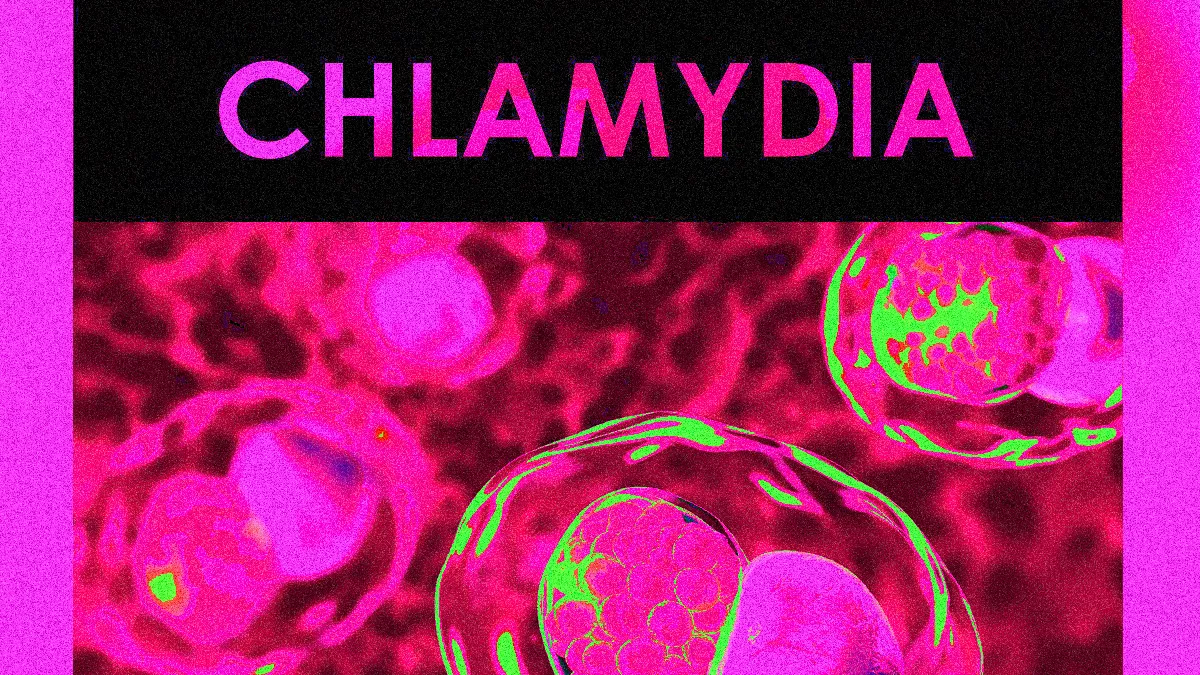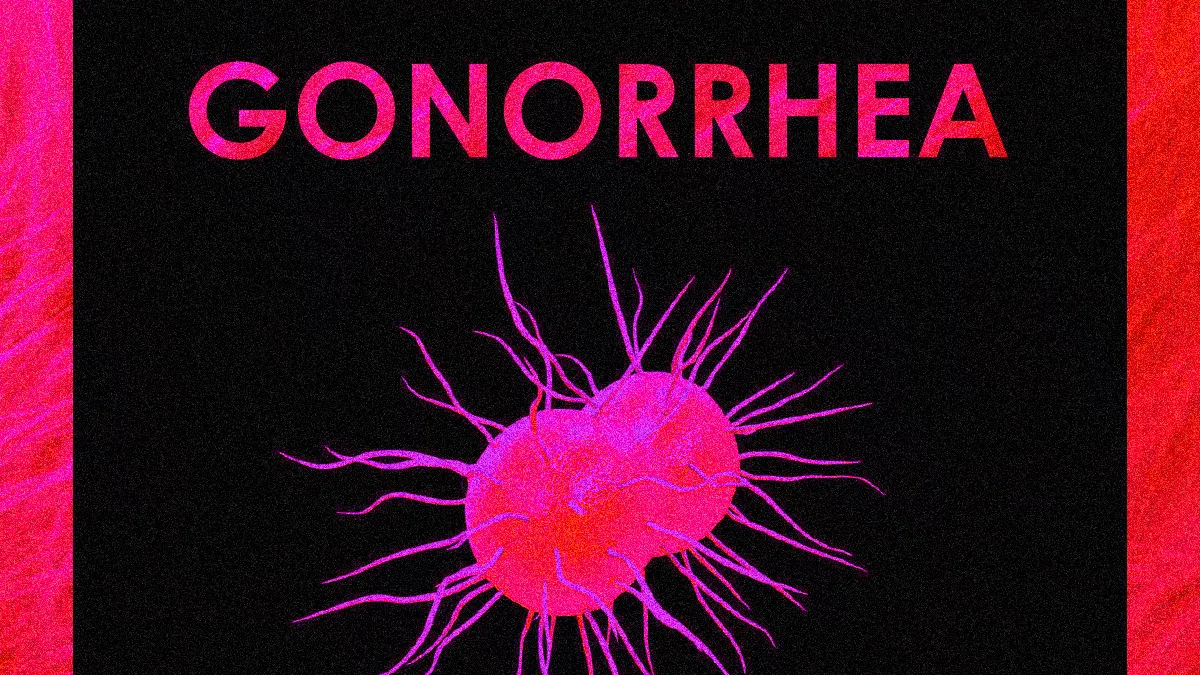Vaginal Itching: Causes, Diagnosis, Treatment & Aftercare
2920
While vaginal itching is typically not alarming, it can be quite uncomfortable. Here's what could be triggering it and how to alleviate symptoms.

Vaginal Itching
There are various reasons why your vagina might itch, such as exposure to skin irritants, a yeast infection, or stress. Identifying the root cause is essential for finding relief. It is important to note that while vaginal itching can sometimes indicate serious conditions like sexually transmitted infections (STIs) or, rarely, vulvar cancer, it's often caused by less concerning factors such as irritating substances or hormonal fluctuations.
Book a consultation with us if you have concerns about low testosterone. Natural testosterone levels tend to decline with age and could indicate underlying conditions that require attention.
Book Your Appointment Today!
Contact us at info.bkk@pulse-clinic.com or chat on your preferred platform:
![]() +66 65 237 1936
+66 65 237 1936  @PULSEClinic
@PULSEClinic ![]() PulseClinic
PulseClinic
What are the Causes of Vaginal Itching?
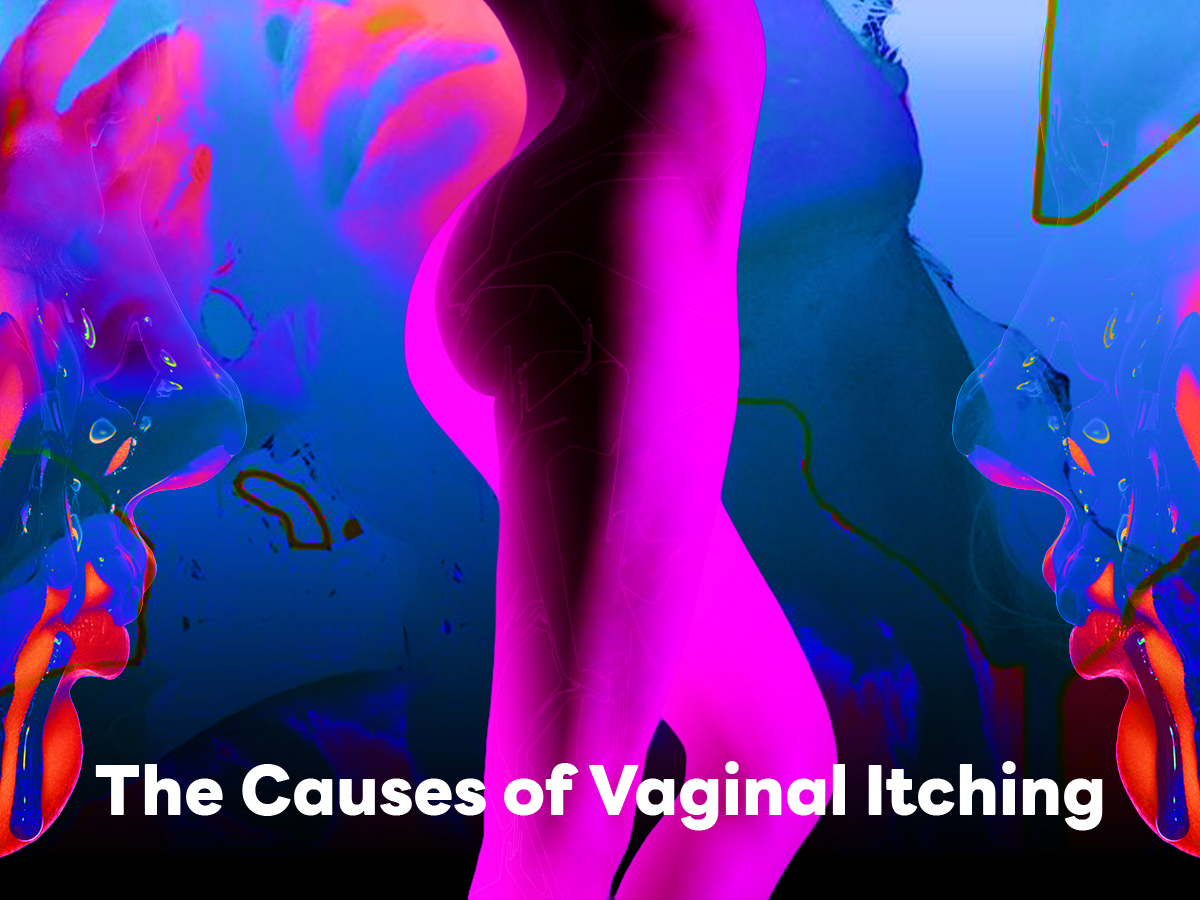
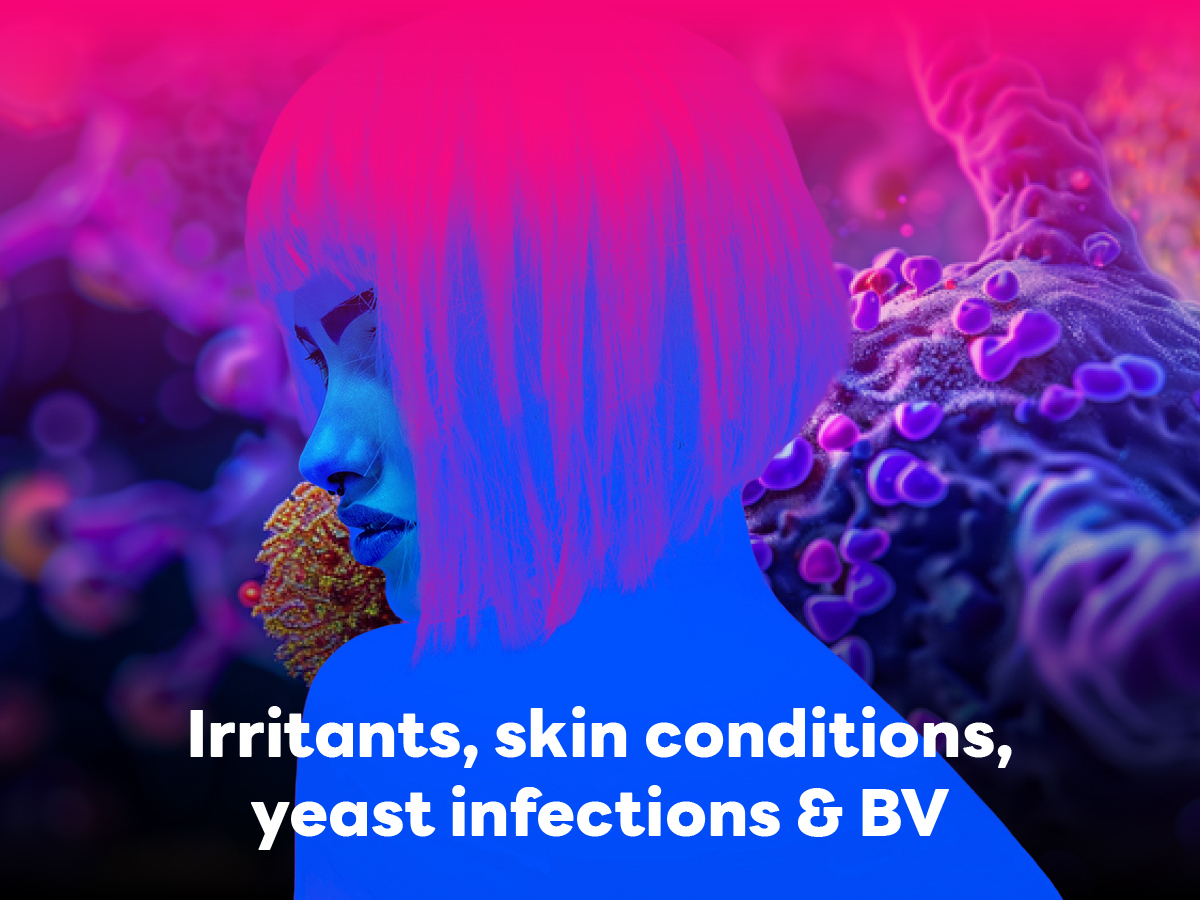
1. Irritants
Chemical irritants commonly found in everyday products that come into contact with the vagina and vulva can trigger an allergic reaction known as contact dermatitis. These include substances like alcohol, dyes, and fragrances.
If an irritant is responsible, you may experience itching, redness, and soreness in your vulva and vagina. Here are some examples of products that often contain such irritants include:
- Soaps, shower gels, and bubble baths
- Feminine sprays
- Douches
- Topical contraceptives like spermicide and Phexxi
- Creams, lotions, and ointments
- Detergents
- Fabric softeners
- Scented toilet paper
- Scented pads and liners
If you have incontinence, urine can also contribute to itching and irritation.
2. Skin Conditions
Certain skin conditions, such as eczema and psoriasis, can lead to redness and itching in the genital area.
- Eczema, or atopic dermatitis, manifests as a rash that typically affects individuals with asthma or allergies. The rash appears red, and itchy and may have a scaly texture. It can extend to the vulva in some cases.
- Psoriasis is another prevalent skin condition characterized by scaly, itchy, red patches that commonly develop on the scalp and joints. Periodically, these symptoms can also appear on the vulva.
3. Yeast Infection
The overgrowth of yeast in the vagina can cause bothersome symptoms such as itching, burning, and thick, whitish discharge that may or may not have a yeasty odor, reminiscent of fresh sourdough bread.
If you've recently taken antibiotics, they may be the culprit, as they can disrupt the balance of good bacteria that normally keep yeast in check. Other factors that can contribute to yeast infections include pregnancy, stress, uncontrolled diabetes, and hormonal fluctuations before menstruation.
4. Bacterial Vaginosis (BV)
Bacterial Vaginosis (BV) is similar to a yeast infection, BV results from an imbalance between naturally occurring good and bad bacteria in the vagina.
BV doesn't always present symptoms. When symptoms do occur, they often include vaginal itching and an unusual discharge with a fishy odor. The discharge may appear thin, dull gray or white, and sometimes foamy.
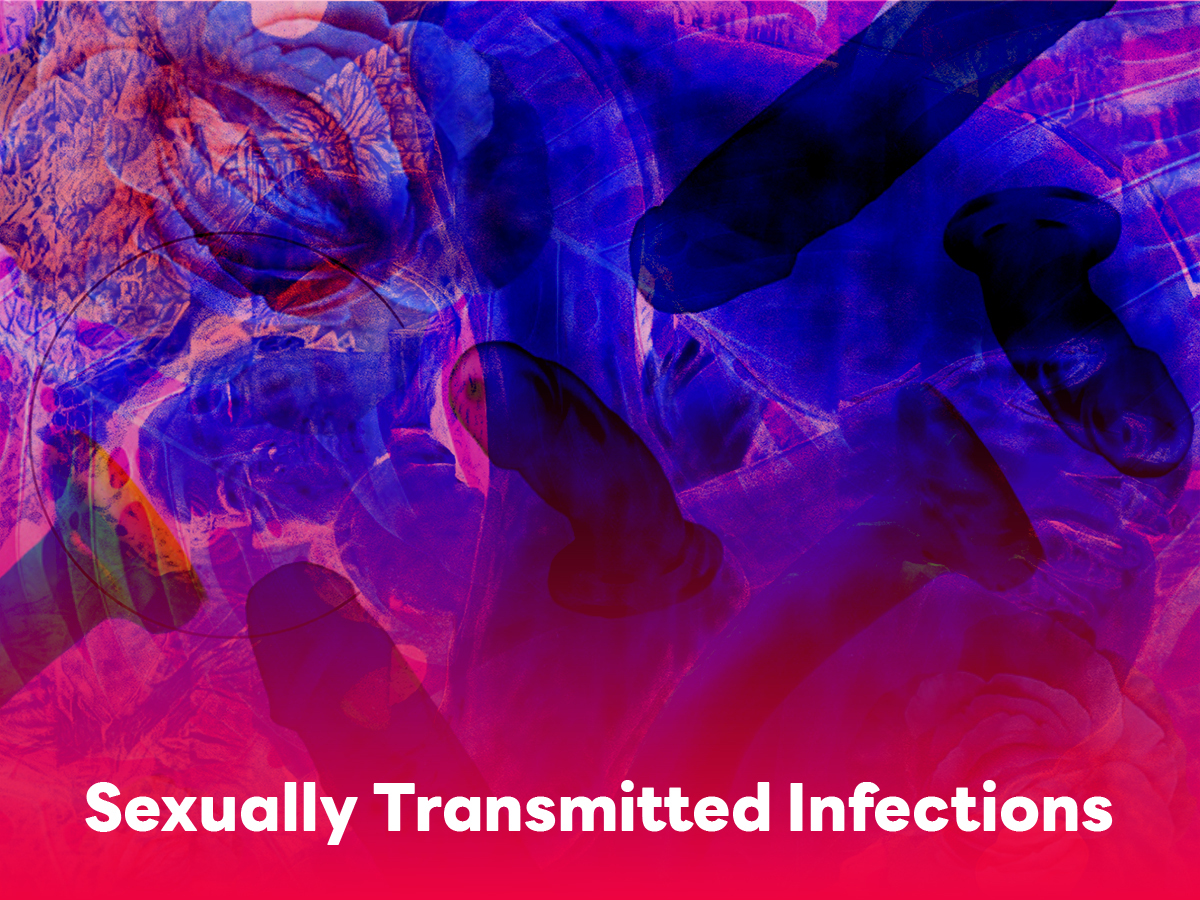
5. STIs (Sexually Transmitted Infections)
Several sexually transmitted infections (STIs) can lead to vaginal itching, such as:
These STIs may also present with additional symptoms such as abnormal vaginal discharge, painful urination, and sores in the genital area.

6. Menopause
The decrease in estrogen levels during perimenopause and menopause heightens the likelihood of experiencing vaginal itching.
This reduction in estrogen leads to thinning, dryness, and decreased elasticity of the vulvar and vaginal tissues. Vaginal dryness can cause itching and irritation, and may also make sexual intercourse painful and result in post-coital bleeding.

7. Stress
Both physical and emotional stress can lead to vaginal itching and irritation. This can happen when stress compromises your immune system, making you more susceptible to infections that provoke itching. Additionally, elevated levels of the stress hormone cortisol, which occurs during stressful periods, have been observed in animal studies to impact vaginal health and raise the likelihood of vaginal infections.
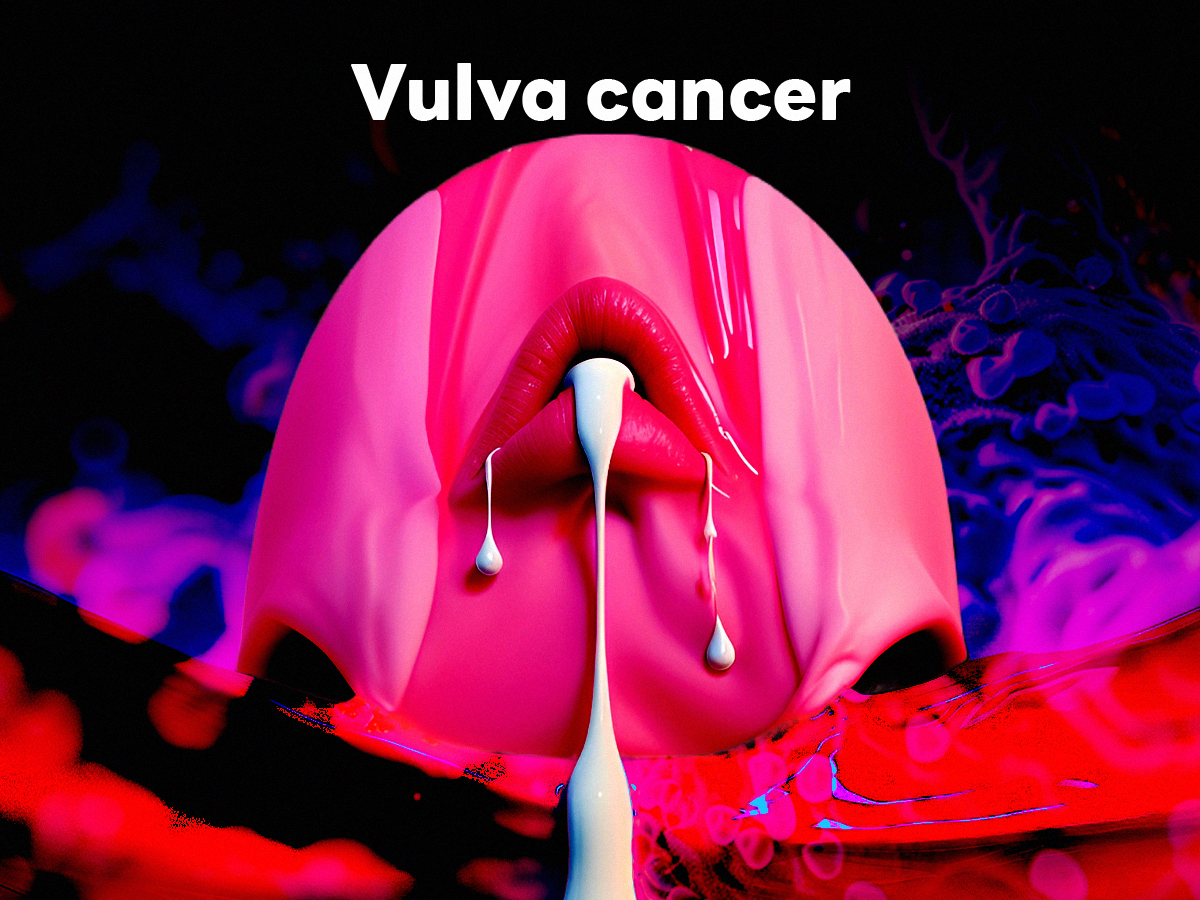
8. Vulva Cancer
Vaginal itching might indicate vulvar cancer, although it's important to note that vulvar cancer is rare and other conditions are more likely to be the cause.
Vulvar cancer can manifest as persistent vaginal itching that does not improve over time. It may also lead to skin alterations on the vulva, such as changes in color or thickening of the skin. Additional symptoms can include abnormal bleeding or discharge not related to menstruation, as well as the presence of lumps. Some individuals with vulvar cancer may not experience any symptoms at all.
Regular gynecological examinations conducted annually can enhance early detection and improve overall outcomes.
Add us on Line and stay in touch.
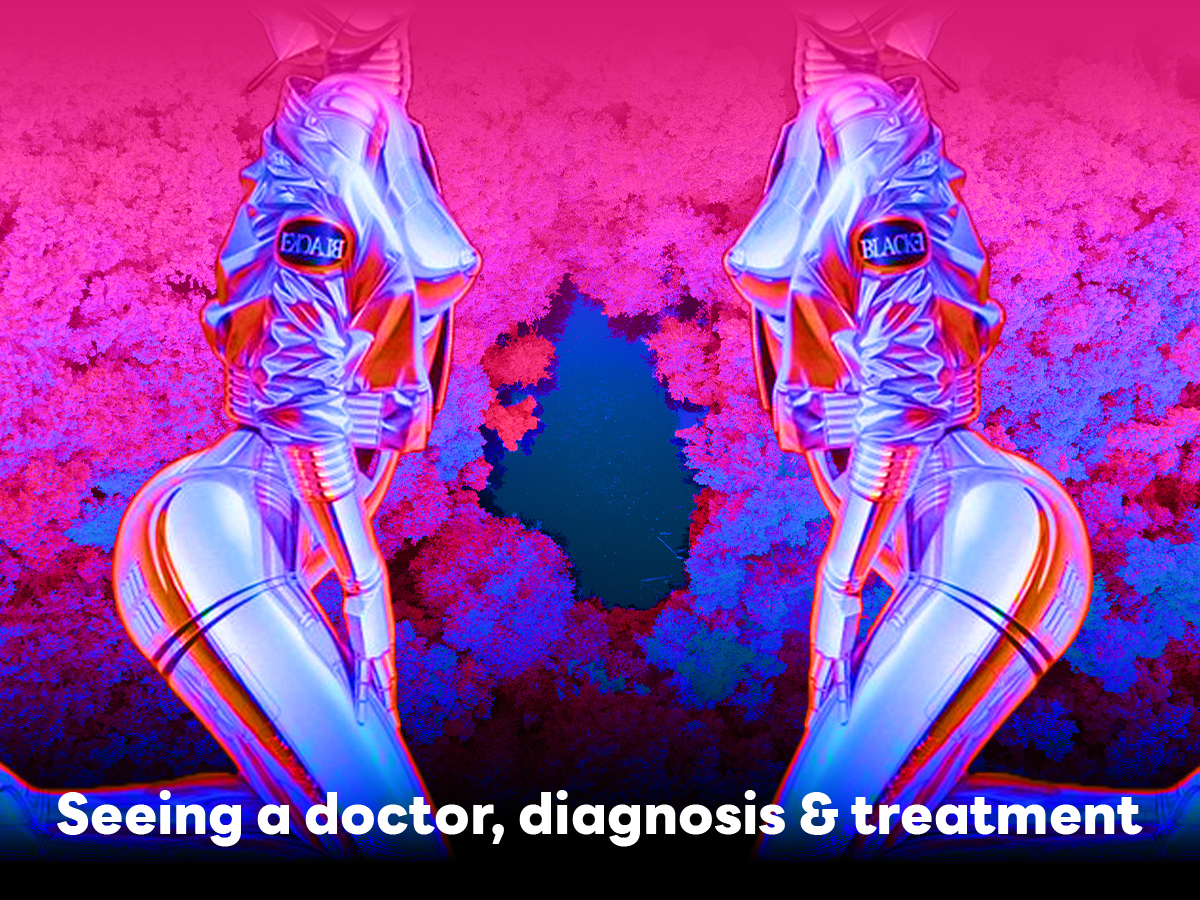
When to see a doctor?
It's crucial to seek medical attention for vaginal itching if it significantly disrupts your daily life or sleep. While most causes are not serious, a healthcare professional can identify and treat the underlying cause of your itching and may recommend treatment or prescribe medication to alleviate symptoms.
You should also consult a healthcare professional if your vaginal itching persists for more than a week, or if you experience additional symptoms such as:
- Ulcers or blisters on the vulva
- Pain or tenderness in the genital area
- Redness or swelling of the genitals
- Difficulty urinating
- Unusual vaginal discharge
- Discomfort during sexual intercourse
Diagnosis
Your healthcare team will inquire about your symptoms, including their severity and duration, and may also discuss your sexual activity history.
Please note that a pelvic examination will likely be necessary.
During a pelvic exam, a healthcare provider will visually inspect your vulva and may use a speculum to examine the inside of your vagina. They may gently press on your abdomen while inserting a gloved finger into your vagina to assess your reproductive organs for any abnormalities.
Additionally, they may collect a sample of skin tissue from your vulva or a discharge sample for further analysis. Depending on your symptoms, they may also recommend blood or urine tests.
You can also schedule an appointment with us for a PCR Multiplex DNA Test, which screens for 28 infections, including bacterial vaginosis.
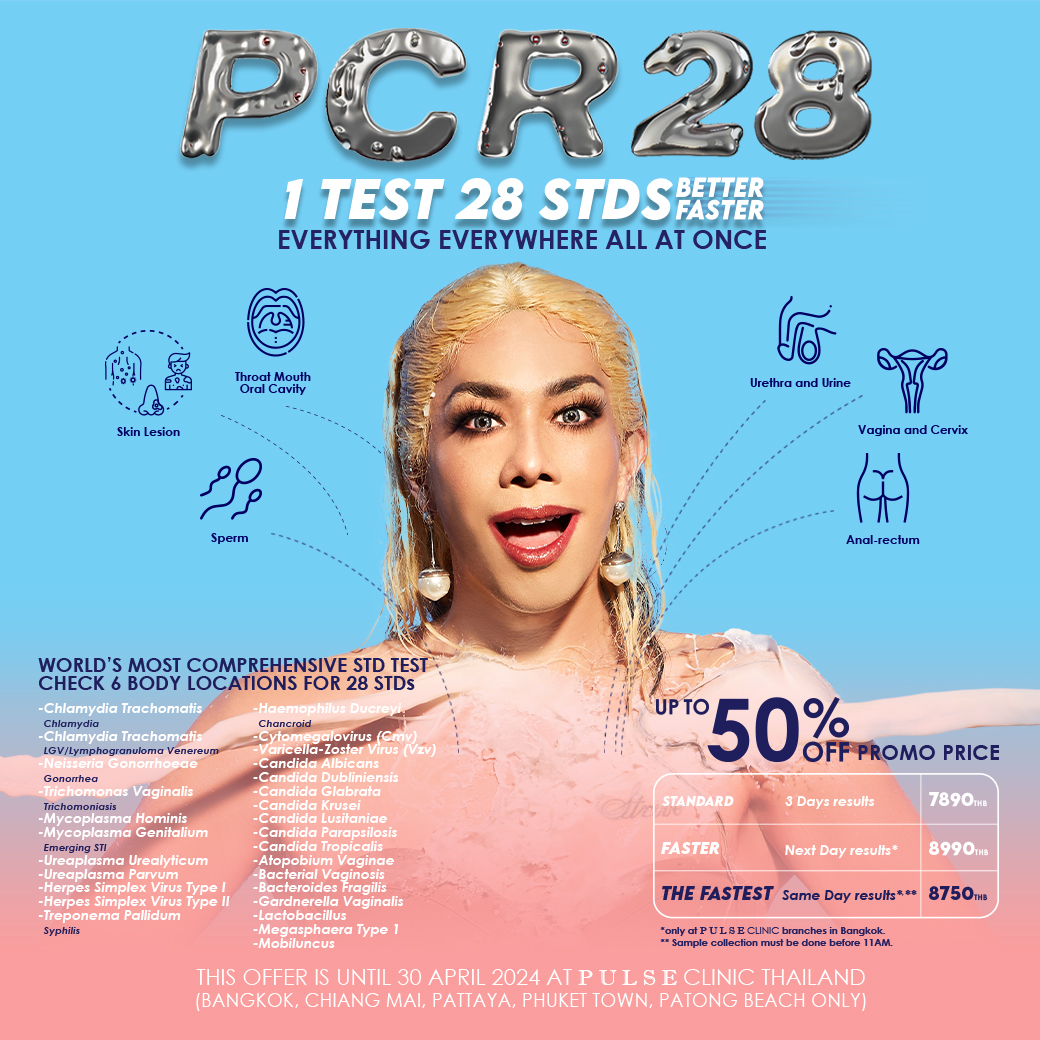
Vaginal Itching Treatment
Once your healthcare provider identifies the underlying cause of your vaginal itching, they will recommend appropriate treatment options tailored to the specific condition causing the issue.
Vaginal yeast infections:
Treatment for vaginal yeast infections typically involves antifungal medications. These medications are available in various forms such as creams, ointments, or oral pills, and can be obtained either by prescription or over-the-counter (OTC). If you have never been diagnosed with a yeast infection before, it is important to consult a healthcare provider before using an OTC treatment.
Bacterial vaginosis (BV):
BV is usually treated with antibiotics. These may be administered orally as pills or applied as creams inserted into the vagina. It's crucial to complete the entire course of antibiotics prescribed, even if symptoms improve.
Sexually transmitted infections (STIs):
Treatment for STIs varies depending on the specific infection and may involve antibiotics, antivirals, or antiparasitic medications. Your healthcare provider may also recommend abstaining from sexual activity until the infection clears.
Menopause-related itching:
Itching related to menopause can often be managed with estrogen therapy, which may include estrogen creams, tablets, or vaginal ring inserts.
Other causes:
Other types of vaginal itching and irritation may resolve on their own. In the meantime, applying steroid creams or lotions can help reduce inflammation and alleviate discomfort.
To ensure effective treatment and avoid exacerbating symptoms, it's important to use steroid creams as directed and discontinue use as recommended. If symptoms worsen or persist, consult your healthcare provider promptly.
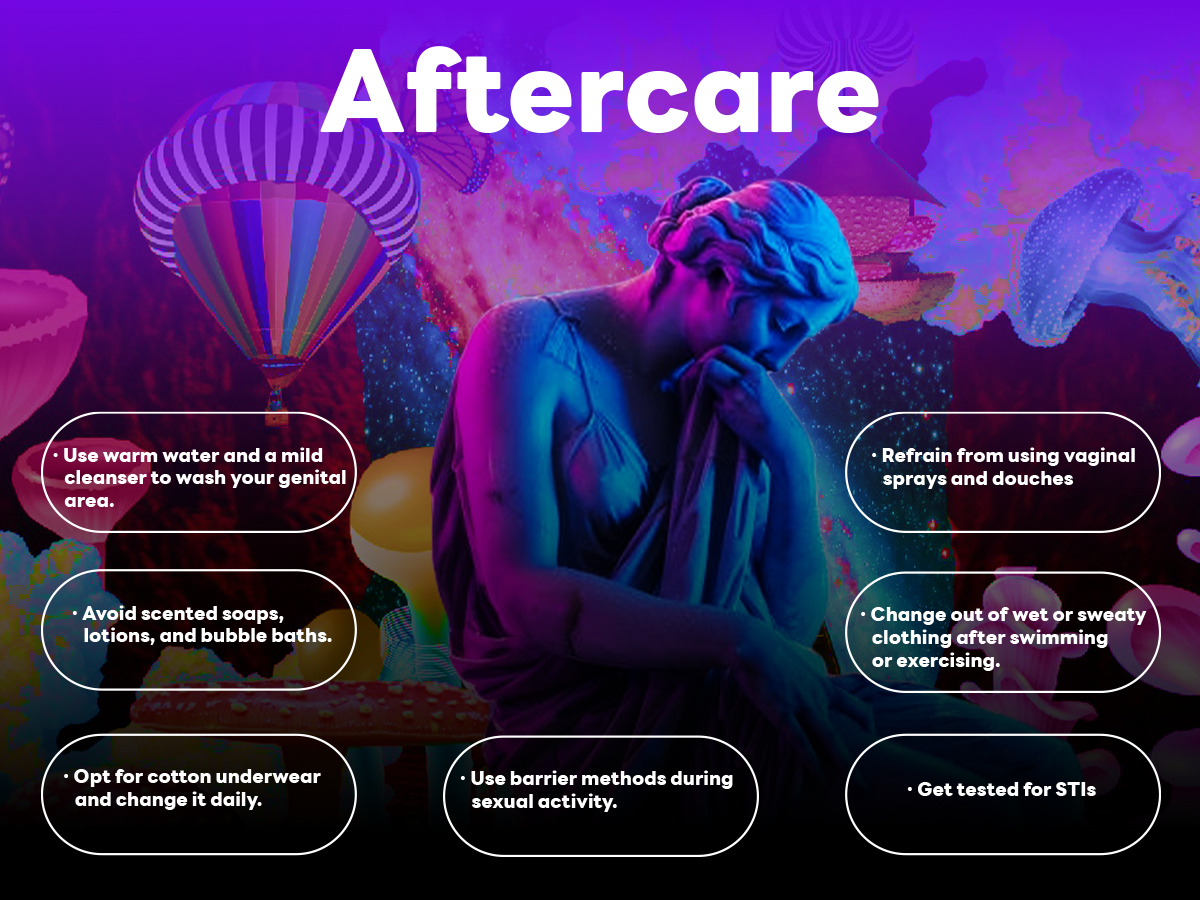
Aftercare
Here are some steps you can take to prevent itching and maintain optimal vaginal health in the future:
- Use warm water and a mild cleanser to wash your genital area.
- Avoid scented soaps, lotions, and bubble baths.
- Refrain from using vaginal sprays and douches—your natural scent is perfectly normal!
- Change out of wet or sweaty clothing promptly after swimming or exercising.
- Opt for cotton underwear and change it daily.
- Use barrier methods during sexual activity.
- Get tested for sexually transmitted infections (STIs), and encourage your partners to do the same.
- Always wipe from front to back to prevent bacteria from feces from reaching the vulva and vagina.
Book Your Appointment Today!
Contact us at info.bkk@pulse-clinic.com or chat on your preferred platform:
Trust PULSE CLINIC to take care of your health like other 45000 people from over 130 countries. We provide discreet professional service with high privacy. Here to help, not to judge.
Loading...
Clinic Locations
Loading...









